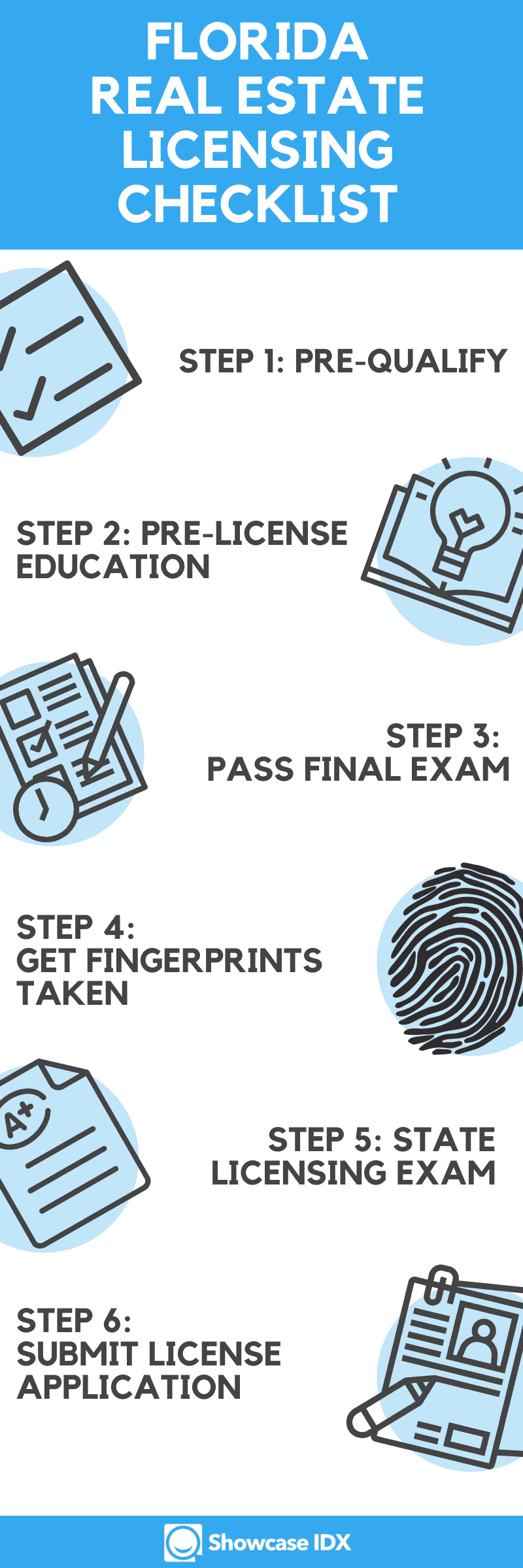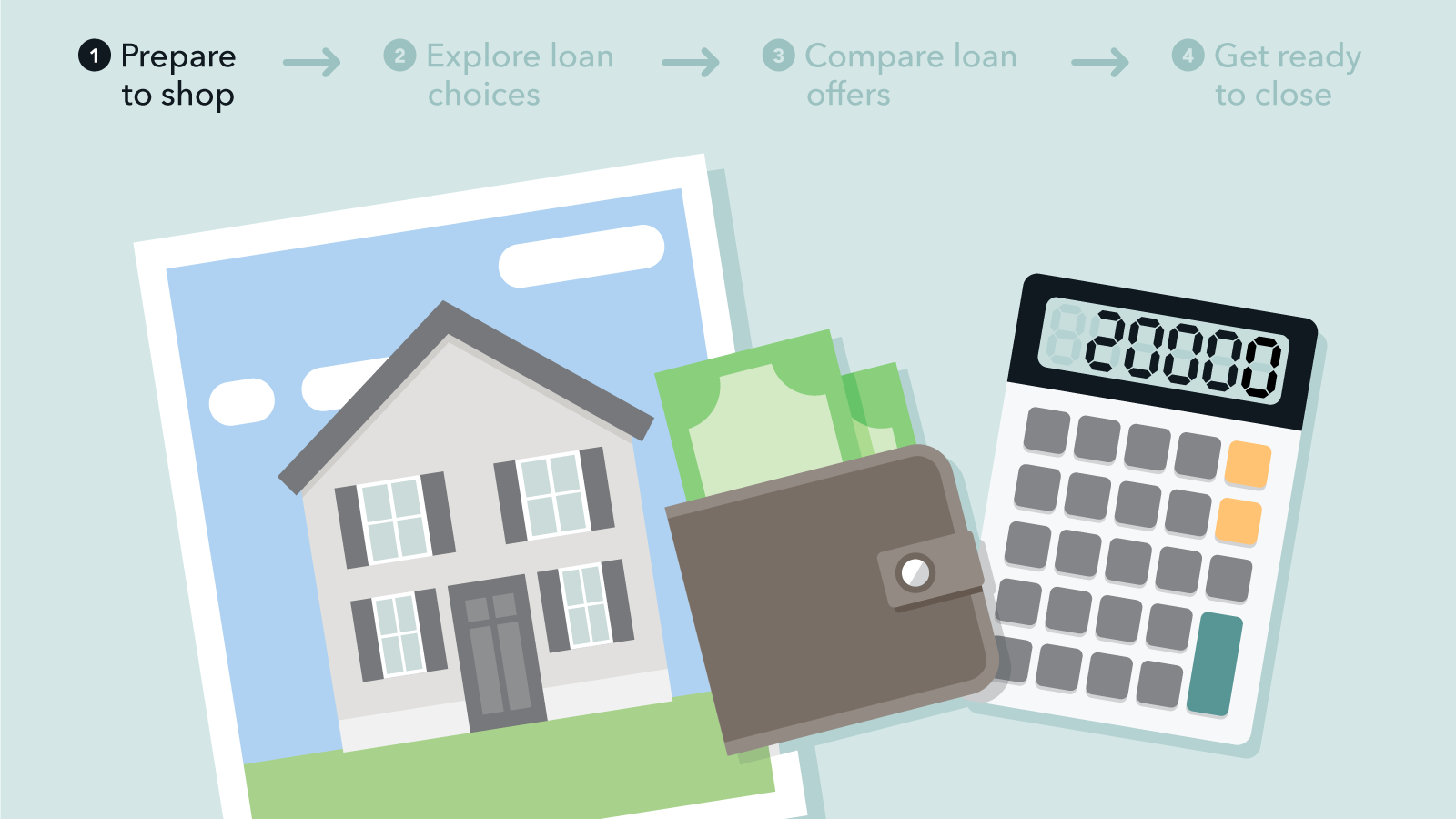
Getting a real estate license in Minnesota is relatively straightforward if you follow a few key steps. These are the requirements, as well as the real estate exam and cost. We've also included helpful resources, such as the StateRequirement guide. Keep reading for more information. These are some tips to help make the process smoother. Once you've completed the guides, you should be ready to take the exam.
Pre-licensing education
Minnesota law requires that you complete 30 hours of education before you can obtain a real-estate license. You can do this by completing a real estate course offered by Pearson. The course includes a realty dictionary and eBooks. Pearson VUE allows you to apply for your license after you have completed your pre-licensing education. You'll need an account to apply.
In order to take the real estate exam, you will need two forms of identification. Two forms of identification are required to pass the real estate exam. A second ID must be valid and present the same details. You will incur other expenses while taking the course. You can apply at the Minnesota Commercial Division Office to get your license. There you can get assistance and receive a diploma. You'll need the Broker or Standard Salesperson license to sell Minnesota commercial realty.

Exam requirements
Understanding the requirements and the exam process is essential before you begin your career in realty. The process of granting permission for a person to practice real estate is called a license. Exams help ensure that they meet certain standards. It protects the public by ensuring the person who is licensed to practice real estate is competent and qualified. The Minnesota real estate licensing examination program is administered by Pearson VUE, a leading provider of assessment services.
You must pass both the national and state portions of the exam to get your real-estate license. The exams are administered at a state-approved testing center and are split into two parts - the national portion and the state portion. You will be found guilty of gross misdemeanor if you fail the exam. You can't work as a broker or real estate agent until you have the license.
Requirements for renewal
To ensure your license is up-to-date you will need to complete continuing education courses. You'll want to make the most of continuing education opportunities whether you are involved in a new transaction or starting the renewal process. Minnesota's law requires that you complete at minimum one continuing education course each two years. But, that doesn’t mean that there are no other options. Courses should not exceed 90 hours. You can make it easier to meet the renewal requirements of your Minnesota real-estate license by taking at least 15 hours each year of continuing education.
A requirement for continuing education is to complete at most 22.5 hours of approved continuing educational courses. You must take at minimum one continuing education course that is related to real-estate law, rules, or court cases. You should take at least one hour course on fair housing and agency law. The training courses are specifically designed for agents, brokers, real estate agents and can earn you continuing education credits.

Cost
You must complete 90 hours in pre-licensing training before you can become licensed Minnesota real estate agents. It is possible to either take classes online or in a classroom setting. On-demand courses offer the best value. You can expect to pay between $200-$300 for stand-alone courses. Minnesota requires you to have at least two forms ID in order for you to apply for a license. You must have a valid government-issued ID with a photo and signature. A secondary ID must also be valid and bear a photo and signature. You will also need to pay fees for pre-licensing education.
The application fee in Minnesota includes a technology surcharge and a real estate education and research fund. If you do not complete the application, it is non-refundable. The $110 application fee can be paid by credit card. To be eligible for a real estate license, you must have an income of at least $50,000 and three years of real estate experience. Minnesota law requires you to be at least 18 years old. You need to have either a bachelor's or at least two college years.
FAQ
How can I tell if my house has value?
Your home may not be priced correctly if your asking price is too low. Your asking price should be well below the market value to ensure that there is enough interest in your property. You can use our free Home Value Report to learn more about the current market conditions.
Is it possible to get a second mortgage?
Yes. However it is best to seek the advice of a professional to determine if you should apply. A second mortgage can be used to consolidate debts or for home improvements.
What is a Reverse Mortgage?
Reverse mortgages allow you to borrow money without having to place any equity in your property. You can draw money from your home equity, while you live in the property. There are two types of reverse mortgages: the government-insured FHA and the conventional. With a conventional reverse mortgage, you must repay the amount borrowed plus an origination fee. If you choose FHA insurance, the repayment is covered by the federal government.
Statistics
- 10 years ago, homeownership was nearly 70%. (fortunebuilders.com)
- The FHA sets its desirable debt-to-income ratio at 43%. (fortunebuilders.com)
- This seems to be a more popular trend as the U.S. Census Bureau reports the homeownership rate was around 65% last year. (fortunebuilders.com)
- Some experts hypothesize that rates will hit five percent by the second half of 2018, but there has been no official confirmation one way or the other. (fortunebuilders.com)
- It's possible to get approved for an FHA loan with a credit score as low as 580 and a down payment of 3.5% or a credit score as low as 500 and a 10% down payment.5 Specialty mortgage loans are loans that don't fit into the conventional or FHA loan categories. (investopedia.com)
External Links
How To
How to Find an Apartment
Finding an apartment is the first step when moving into a new city. This process requires research and planning. It involves research and planning, as well as researching neighborhoods and reading reviews. While there are many options, some methods are easier than others. Before renting an apartment, you should consider the following steps.
-
It is possible to gather data offline and online when researching neighborhoods. Online resources include websites such as Yelp, Zillow, Trulia, Realtor.com, etc. Other sources of information include local newspapers, landlords, agents in real estate, friends, neighbors and social media.
-
Review the area where you would like to live. Yelp. TripAdvisor. Amazon.com have detailed reviews about houses and apartments. You might also be able to read local newspaper articles or visit your local library.
-
To get more information on the area, call people who have lived in it. Ask them what they loved and disliked about the area. Ask them if they have any recommendations on good places to live.
-
Be aware of the rent rates in the areas where you are most interested. You might consider renting somewhere more affordable if you anticipate spending most of your money on food. On the other hand, if you plan on spending a lot of money on entertainment, consider living in a more expensive location.
-
Find out more information about the apartment building you want to live in. For example, how big is it? What price is it? Is it pet-friendly What amenities does it have? Are there parking restrictions? Do you have any special rules applicable to tenants?